Publications
Articles, publications, books, tools and multimedia features from the U.S. Institute of Peace provide the latest news, analysis, research findings, practitioner guides and reports, all related to the conflict zones and issues that are at the center of the Institute’s work to prevent and reduce violent conflict.
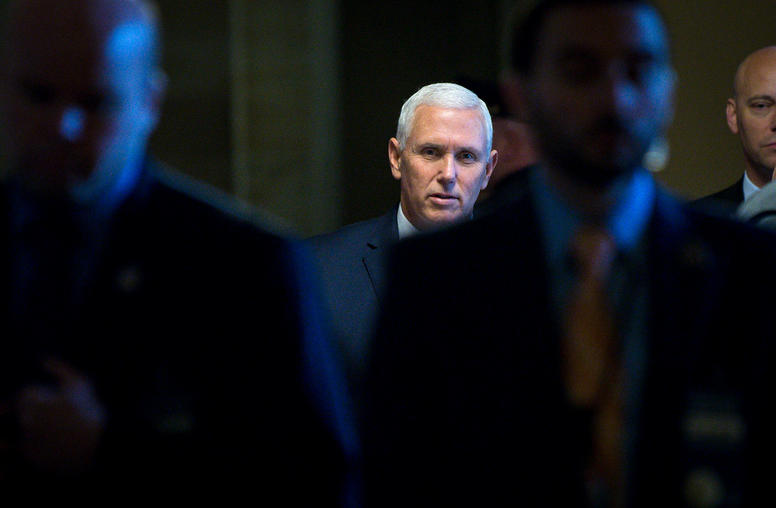
As Vice President Pence Visits the Middle East, Hopes for Diplomacy Languish
Vice President Mike Pence heads to Egypt, Jordan and Israel with little diplomatic quiet, and even less hope, on the Israeli-Palestinian front. President Abbas has declared the Oslo peace process dead, and the U.S. mediating role over, President Trump has broken with international consensus on Jerusalem, and pointedly not endorsed a two-state solution since coming to office, and Prime Minister Netanyahu has now hedged on his commitment to the end goal of a Palestinian state.

Lucy Kurtzer-Ellenbogen on Vice President Mike Pence’s Visit to the Middle East
Lucy Kurtzer-Ellenbogen previews Vice President Mike Pence's upcoming visit to the Middle East following the Trump administration’s announcement recognizing Jerusalem as the capital of Israel. Ku
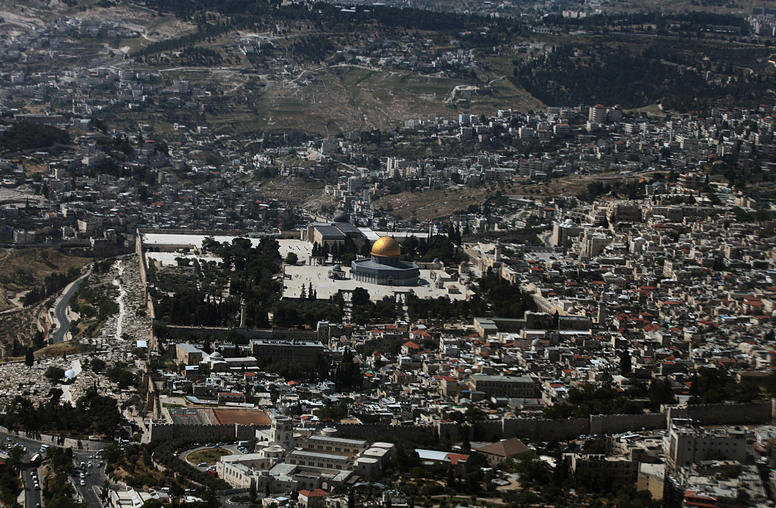
What Does President Trump’s Decision on Jerusalem Mean for Israeli-Palestinian Peace?
Today, President Trump—for the second time while in office—exercised his waiver authority on the 1995 Jerusalem Embassy Act. The law calls for the United States Embassy, currently located in Tel Aviv, to be moved to Jerusalem, in recognition of that city as Israel’s capital. The choice to waive enactment in the name of national security interests hits the president’s desk every six months and, beginning with President Clinton in 1998, has been continuously exercised by each president. But this time was different.
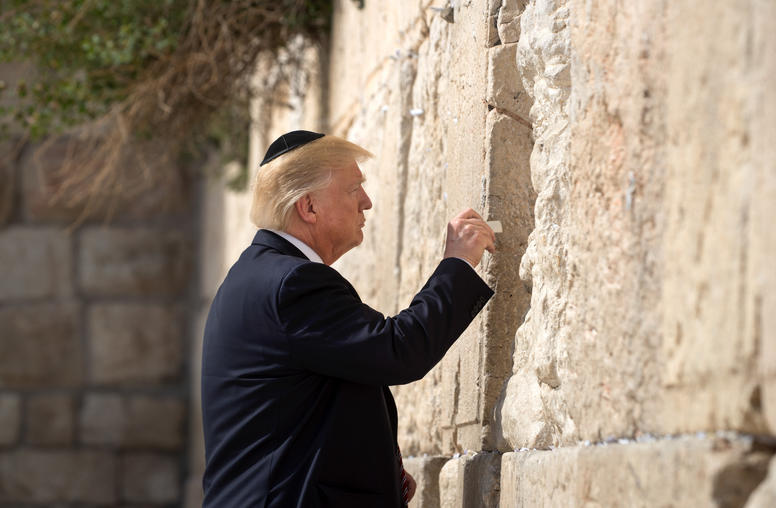
Trump Highlights Religion in Israeli-Palestinian Conflict
With the Israeli-Palestinian conflict a centerpiece of his first official trip abroad, President Donald Trump is staking out some delicate terrain. Unlike his predecessors, Trump has taken the risky step of highlighting the importance of religion to his policy goals with stops in Saudi Arabia, ...
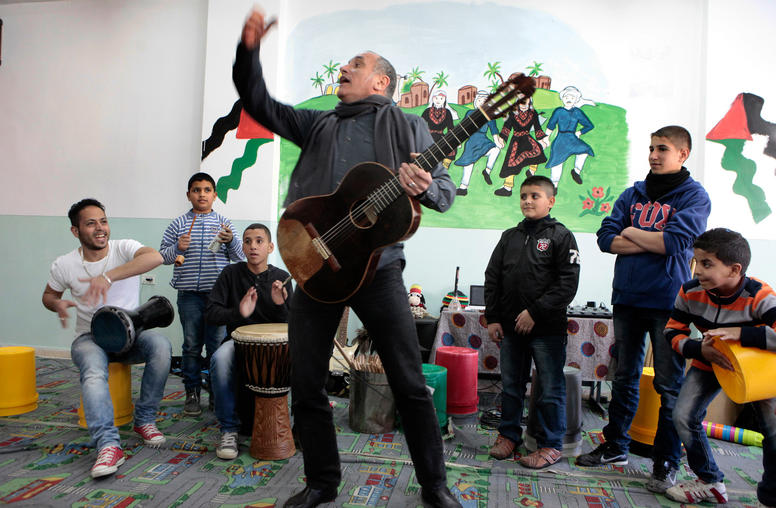
Grassroots Work in the Israeli-Palestinian Conflict
Former U.S. Senator George Mitchell, drawing on his experience negotiating the Good Friday Agreement in Northern Ireland and trying for an accord between Israelis and Palestinians, said ending violent conflict requires two critical components: committed political leadership and grassroots efforts that build bridges between peoples.
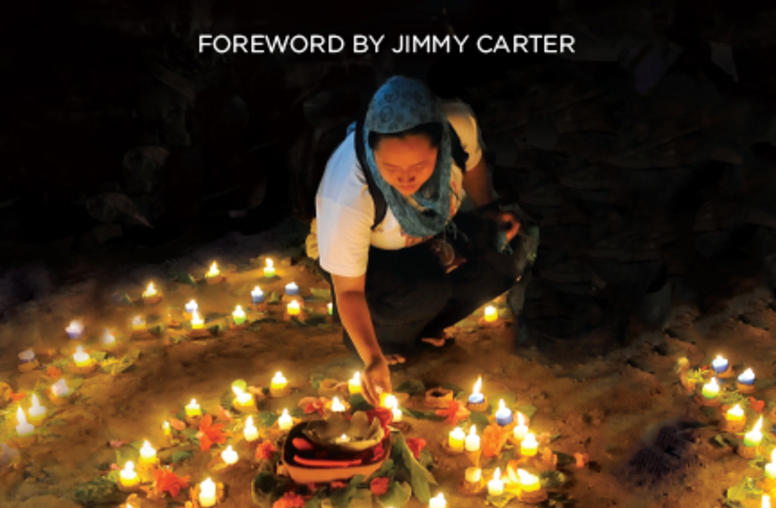
Women, Religion and Peacebuilding
Women, Religion, and Peacebuilding: Illuminating the Unseen examines the obstacles and opportunities that women religious peacebuilders face as they navigate both the complex conflicts they are seeking to resolve and the power dynamics in the institutions they must deal with in order to accomplish their goals.
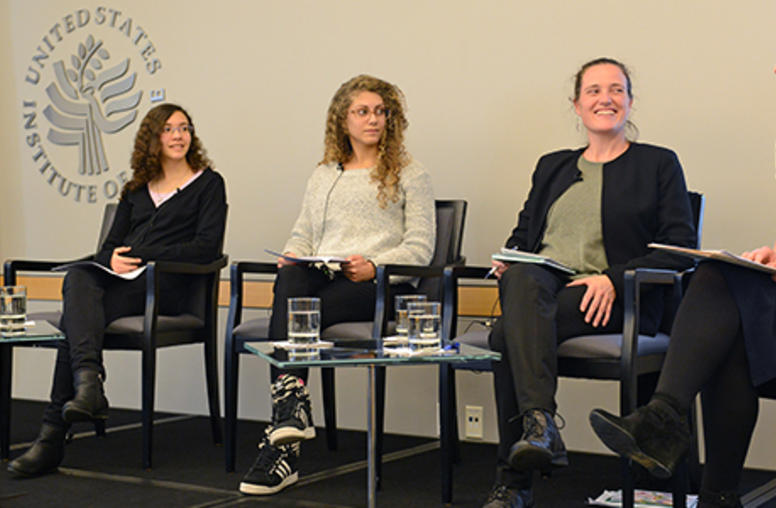
After Attack on Arab-Jewish School, 'I Have to Keep Fighting For It'
Inbar Shaked Vardi and Mouran Ibrahim are 14 years old but speak in a way that many adults in the maelstrom of the Middle East can’t muster – of Arab-Jewish “shared living,” a step even beyond mere co-existence. When their school, the flagship Max Rayne campus of the Hand in Hand Jewish-Arab bilingual school network in Israel, was attacked recently, their outlook on the world was tested once again.
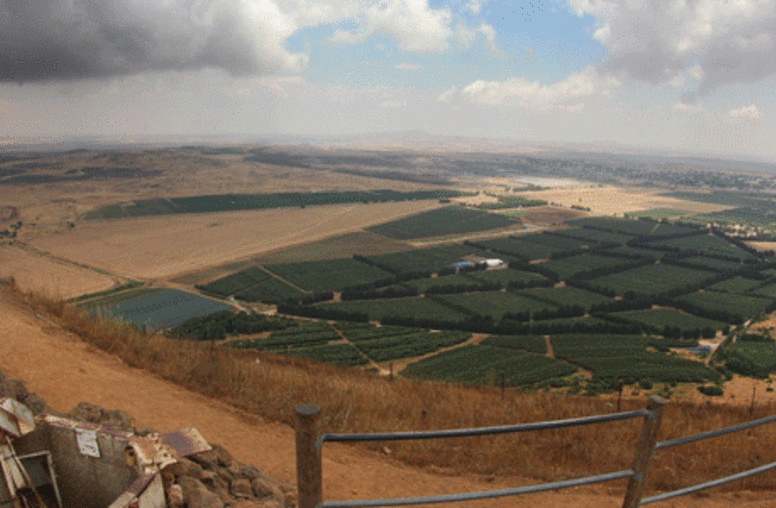
Will the Israeli Bombings in Syria Spark a Regional Crisis?
USIP’s Lucy Kurtzer-Ellenbogen assesses the fallout from the Israeli air strikes in Syria, and the likelihood for an acute regional crisis. Israel has not formally confirmed its role in the two airstrikes on Syrian targets earlier this month, but unofficial Israeli acknowledgement, and intelligence corroboration (including from the U.S.) confirm that Israel was behind the bombings.
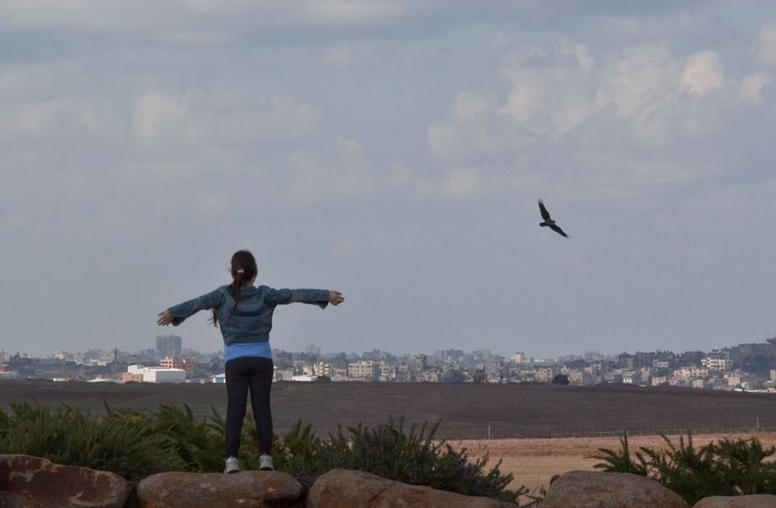
Prospects for Middle East Peace
Ahead of President Obama's trip to the Middle East, Lucy Kurtzer-Ellenbogen, USIP’s senior program officer working on issues of the Arab-Israeli conflict discusses broader context.
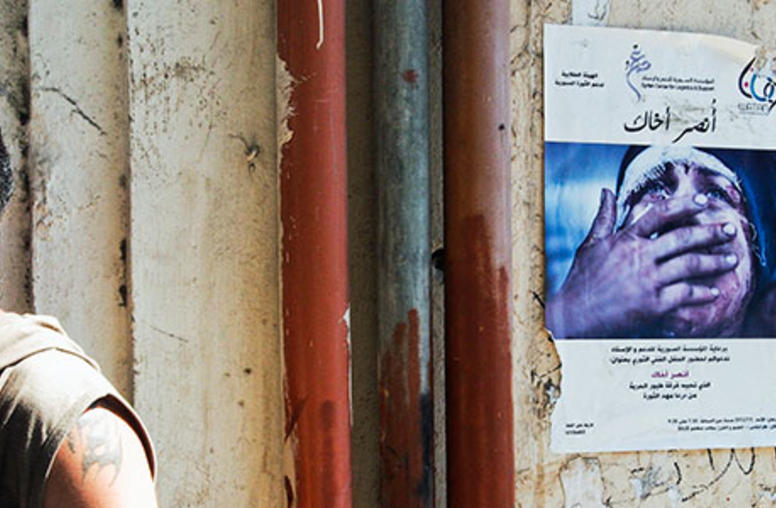
Syria Conflict Rattles Lebanon
Photo Credit: The New York Times/ Moises Saman